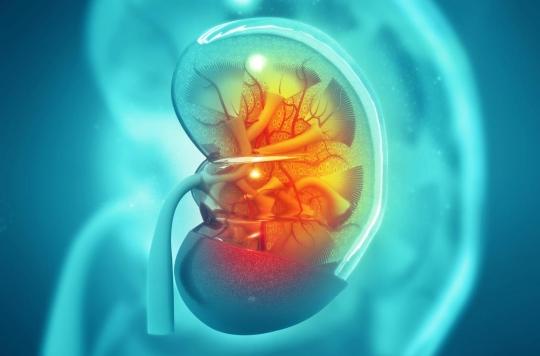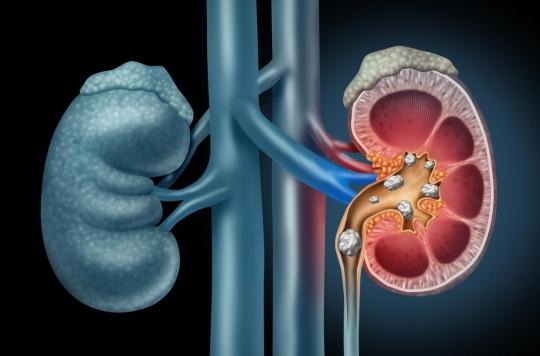June 22 is National Organ Donation Day. The stake of this day is that as many people as possible tell their loved ones if they agree to donate their organs when they die.

A day to reflect. This is what offers the Biomedicine Agency this June 22. Subject of reflection imposed: are you for or against organ donation concerning you? Tell your loved ones if, when you die, you agree to transfer your organs to sick people awaiting transplants.
If the Biomedicine Agency organizes a national day of reflection every year on organ donation and transplantation, it is because in France, we are all considered as potential donors. Those who oppose it must register in the National Register of Refusals. And when a person dies and organ harvesting is possible, the medical team must consult the National Register of refusals. “If the name of the deceased is not there, the law requires the medical team to question the family to collect any opposition to organ donation expressed during his lifetime by their loved one, explains the Biomedicine Agency. The testimony of relatives, which has legal value, depends on the entire chain of removal and transplantation. ” And if the relatives are not aware of the position of the deceased, the decision to donate or not the organs will be all the more delicate.
Start the discussion on the occasion of an advertisement
However, currently, according to a 2012 Ipsos poll, only 1 in 2 French people have let their entourage know if they are for or against organ donation concerning them. From June 16 until June 22, the main national television channels therefore broadcast a small film of 45 “, the aim of which is” to transform a passive time – the moment when we watch advertising on television – in active time by making sure that people use this moment to give their location to their loved ones.
These few minutes of reflection can save lives. In fact, in 2013, 18,976 people needed a transplant and “only” 5,123 were able to be performed. Admittedly, the number of transplants is increasing (+ 2% compared to 2012) but the gap between people waiting for a transplant and those in need is not reducing. On the occasion of this day of June 22, the Biomedicine Agency therefore hopes to reach the widest possible audience. Especially since everyone or almost everyone is able to donate their organs.
Giving beyond 80 is possible
Contrary to some popular belief, there is no age limit for donating organs. “We can take kidneys and a liver up to over 80 years, insists the agency. And the removal from deceased people can be considered even if they were under medical treatment or had a serious medical history.” There is therefore no well-defined list of contraindications as for blood donation. It is the doctors, and they alone, who decide on a case-by-case basis on the quality of the organs and whether they can be removed and then transplanted.
.

















